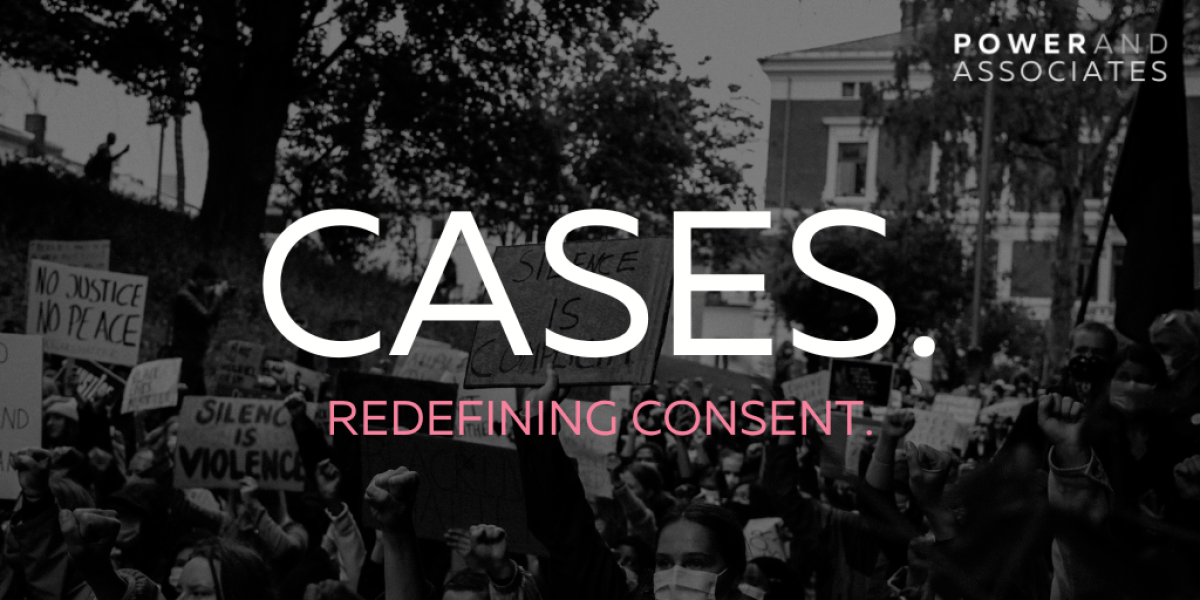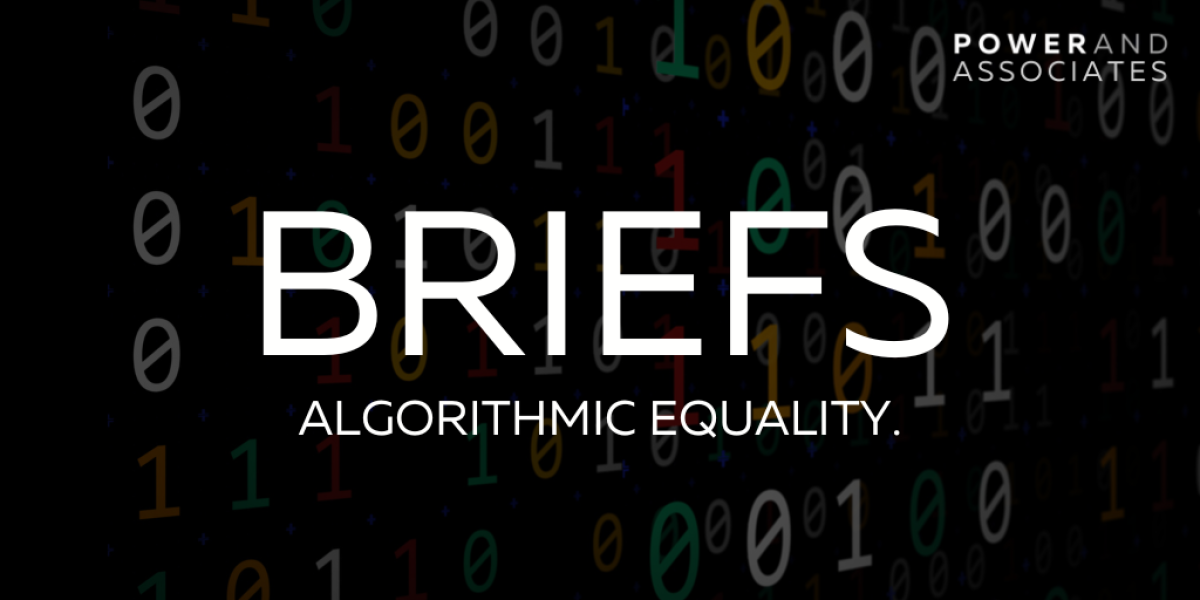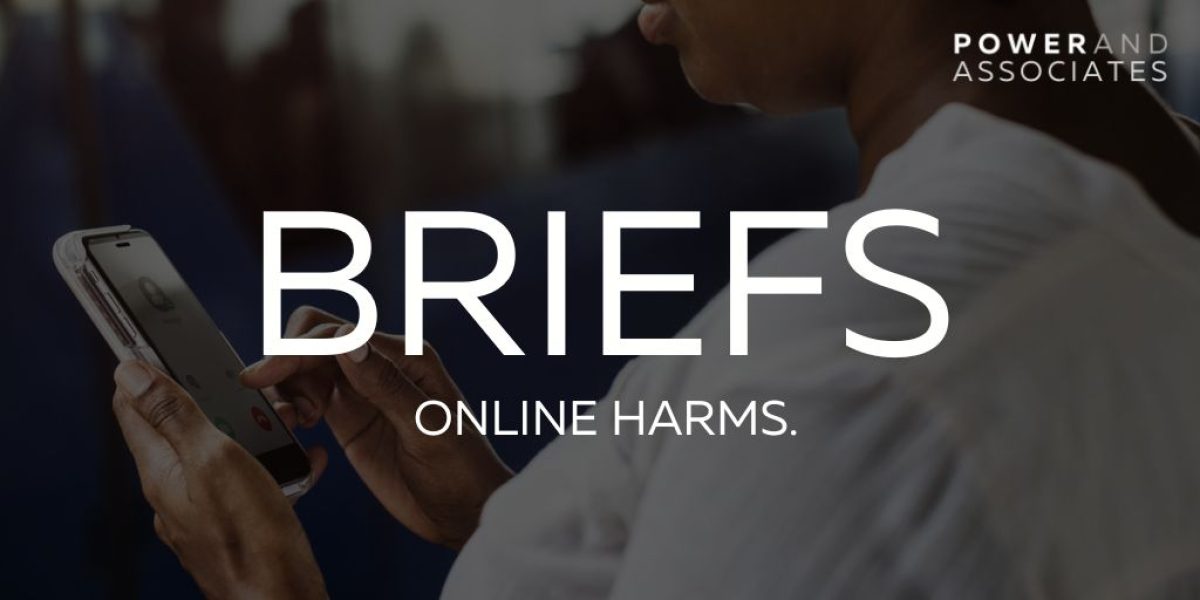South Africa: Report finds high prevalence of Online Child Sexual Exploitation and Abuse
[Trigger Warning: this post refers to child sexual abuse material]
The Disrupting Harm project, a partnership between the United Nations Children’s Fund (UNICEF), EPCAT International and INTERPOL, has published a report titled “Disrupting harm in South Africa: Evidence on online child sexual exploitation and abuse.” The report provides evidence on the prevalence of online child abuse based on self-reported data. In addition to South Africa, the project evaluated online child sexual exploitation and abuse in 12 other countries around the world, including Kenya, Uganda, Tanzania, Ethiopia, Namibia and Mozambique in Africa.
The report found that in the past year between 7% and 9% of children aged 12-17 years using the internet experienced online sexual abuse and exploitation, such as grooming, gifts in exchange for sexual favours, and blackmail. 7% of the surveyed children revealed that their intimate images were shared online without their permission and 9% that they had been offered gifts or money to engage in sexual activities in person or to share sexual images or videos. The perpetrators of the abuse were largely unknown to the children, and a majority of children experiencing the abuse did not report it to an adult or authorities.
Frontline social support workers surveyed for the report stated that insufficient knowledge about online sexual abuse is a major cause of the lack of reporting by both children and parents. Delays in investigations and prosecutions were also cited as barriers to access to justice, despite some progress in creating child-friendly court environments for such cases, such as the use of casual clothing and language by magistrates and the use of an intermediary system to reduce re-traumatisation in court.
The report recommends that parents, caregivers, and governments put in place systems and protective measures to reduce the risks that children are exposed to online. In South Africa, this includes, in particular, supporting awareness-raising programmes to increase understanding of violence against children, investing in digital literacy programmes, closer engagement between global technology platforms and government and law enforcement, and dedicating resources to improving the knowledge of police officers, prosecutors, legal officials, social workers, and medical staff about online child sexual exploitation and abuse.
The South Africa report can be accessed here.
Other country reports can be accessed here.
Please note: The information contained in this note is for general guidance on matters of interest and does not constitute legal advice. For any enquiries, please contact us at [email protected].





